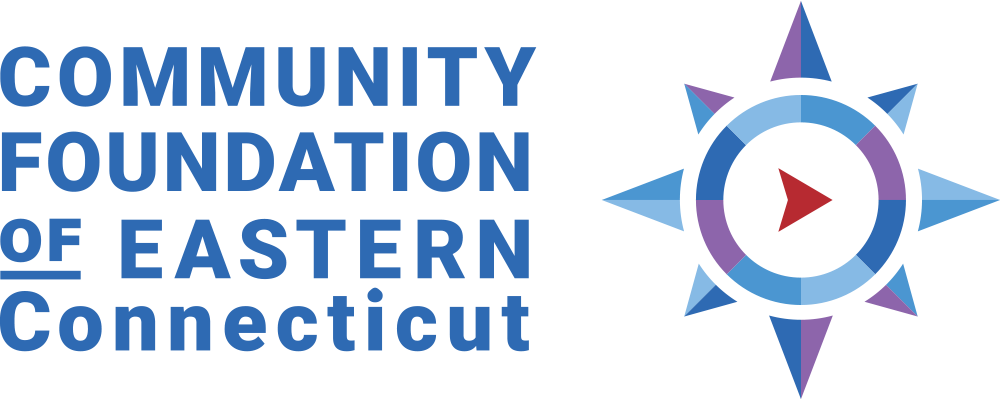 Published June 9, 2019
Published June 9, 2019
By Lindsay Boyle
l.boyle@theday.com
After finding success in Boston last year, the New England Innocence Project this year will bring its one-day conference on wrongful convictions to New London, a city chosen for its “collaborative legal spirit.”
NEIP recently received a $10,000 grant from the Community Foundation of Eastern Connecticut to help put on the conference, which will teach defense attorneys, prosecutors and judges about the red flags of wrongful convictions.
Radha Natarajan, executive director of NEIP, said defenders, prosecutors and judges rarely train together but should do so more often because wrongful convictions are something “nobody wants.”
She cited the case of Gary Cifizzari of Taunton, Mass. DNA evidence recently exonerated Cifizzari, who has served 35 years in prison for the 1979 murder of his aunt. NEIP and a pro bono legal team last month filed for a new trial for him.
Natarajan said Michael Giroux, the original suspect and person identified by DNA evidence, went on to commit additional crimes. “When the wrong person is in prison, the person who actually committed the crime is out and a threat to public safety,” she said.
Natarajan said NEIP is building a group of stakeholders to set the agenda for the conference in New London, which will be the first of its kind in Connecticut. “There are many issues at the forefront of wrongful convictions, but we can’t get to all of them in a one-day conference,” she said. “And we wouldn’t want to because people come away not just overwhelmed, but also unable to internalize and make good educational decisions based on what they learned.”
Natarajan said topics could include false confessions as well as issues with eyewitness identification and fingerprint examinations. Natarajan said although false confessions happen, many people in the legal field don’t believe they do. She said many also don’t understand how police officers, by offering subtle hints about a case, can contaminate a person’s eyewitness identification or a fingerprint examiner’s interpretation.
“Based on data and research … if a fingerprint examiner believes the suspect confessed, the fingerprint examiner is more likely to find a match,” she said.
She said many in the legal system believe “a print is a print is a print … but unfortunately that’s not the case.” Natarajan said major goals for the conference, which was inspired by NEIP’s first-ever such conference in Boston last August, are to be relevant and “as close to free as possible.”
“We’re not coming in to be heavy handed,” she said. “We’re trying to arrange something with our expertise but also guidance from people in Connecticut.”
Though NEIP is targeting the New London area, Natarajan said she expects the conference to accommodate up to 100 legal practitioners from across the state. Natarajan, who said NEIP hasn’t yet set a date for the conference, said the Community Foundation grant will help NEIP purchase food and enlist expert speakers.
“There’s nothing fundamentally wrong with lawyers … but law school is not typically an interdisciplinary environment,” said Natarajan, a former public defender. “There’s traditionally one model of learning law and it doesn’t involve forensics, DNA, social science or statistics, which are all actually very relevant to preventing wrongful convictions.”
Jennifer O’Brien, program director for the local Community Foundation, said the grant was “a new area of funding for us.”
Since President and Chief Executive Officer Maryam Elahi came on more than five years ago, O’Brien said, “we’ve been getting more into thinking through the social justice lens.”
“We look at everything through the lens of how it will impact our local communities,” she said. “This (preventative project) stood out as different than the support we might give to homeless shelters or food banks. ... It's a really scientific and data-driven approach.”



